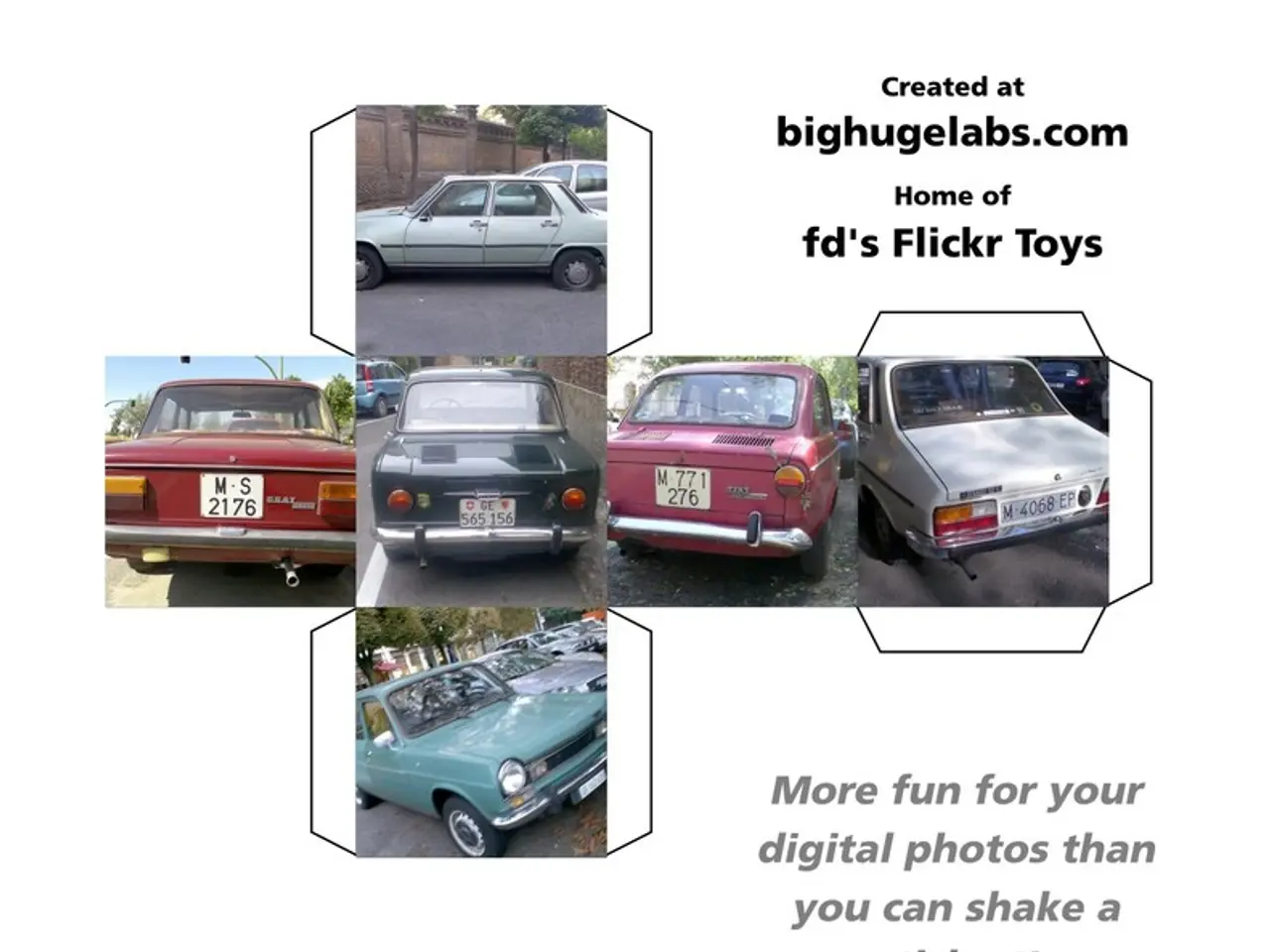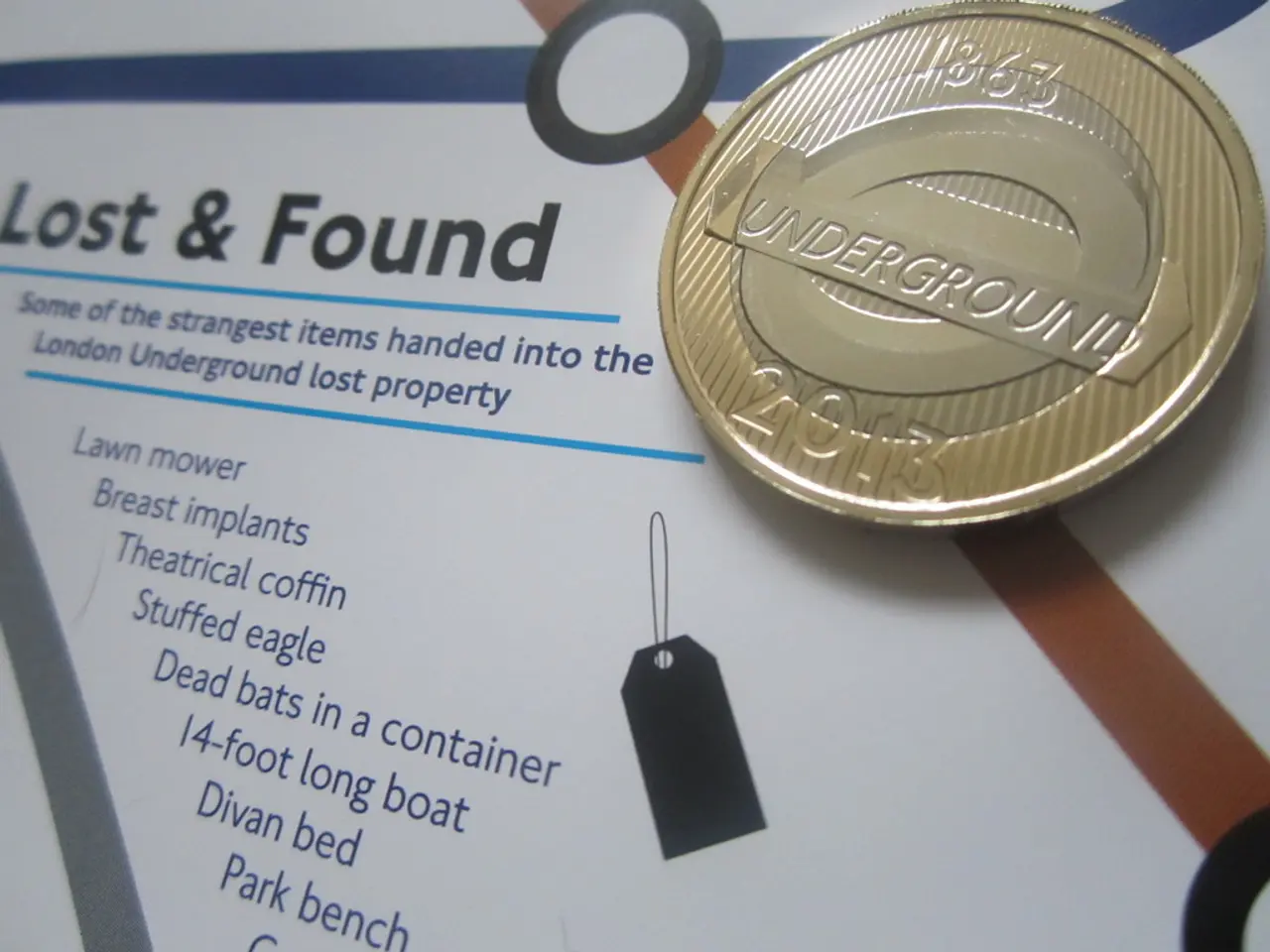Automotive Tech Updates: Google, Volvo, FocalPoint, STMicroelectronics, Red Hat, Stellantis, Toyota, Leopard Imaging, Qualcomm, Mercedes, and Uber Team Up for Advanced Car Technologies Collaboration
In a significant move for the automotive sector, Volvo has announced that it will be the first automaker to integrate Google's Gemini AI into its full lineup of vehicles, set to replace the current Google Assistant in Volvo cars with Google built-in systems. This integration, scheduled for later in 2025, aims to offer a natural, conversational in-car voice experience that enhances navigation, messaging, translation, and interaction with car manuals, all designed to reduce driver distraction and cognitive load.
The integration marks a significant step in applying Gemini’s conversational AI to improve safety and usability within the automotive environment. Volvo is also serving as a lead development partner for Google’s Android Automotive OS, meaning Volvo cars with Google built-in are a core platform for testing and deploying Android-related features and updates, accelerating innovation industry-wide through this partnership.
While Volvo takes the lead in Google's Gemini AI integration, Mercedes-Benz has yet to confirm any updates or announcements about adopting the technology in their vehicles. As of mid-2025, the latest confirmed integration is with Volvo cars.
Meanwhile, other key players in the industry are making strides in advancing automotive technology. Red Hat is expanding its partner ecosystem to support the Red Hat In-Vehicle Operating System, collaborating with partners such as Arm, Intel, LG Electronics, NXP, DXC, Qt Group, and others to create scalable, modular, and safety-certified vehicle platforms.
Leopard Imaging, a leader in AI-powered camera solutions, will showcase its innovations at the 2025 Embedded Vision Summit, featuring integrations with Qualcomm's RB3 Gen 2 and Ride 4 platforms. The company aims to accelerate innovation and time-to-market for vision-enabled products with pre-integrated development kits, support for popular AI frameworks, and seamless deployment workflows.
In other news, Stellantis is investing $388 million to construct a Metro Detroit Megahub in Van Buren Township, Michigan, set to open in 2027. The new facility will use advanced AutoStore robotics for enhanced order speed, accuracy, and sustainability, and will integrate operations from several existing facilities, transitioning approximately 488 UAW-represented employees to the new site.
Mercedes-Benz, on the other hand, is relocating up to 500 corporate roles from Farmington Hills, Michigan, to its 1MB facility in Sandy Springs, Georgia, designating Atlanta as its North American headquarters.
Toyoda Gosei has developed a world-first recycled plastic technology that uses 50% material from end-of-life vehicles (ELVs) to produce high-performance automotive parts. This sustainable initiative is a step forward in reducing the environmental impact of the automotive industry.
In the realm of GPS technology, FocalPoint has announced a strategic collaboration with STMicroelectronics to deliver enhanced GNSS performance for the automotive sector. The partnership will significantly improve location accuracy and reliability, especially in challenging environments.
Finally, Uber Freight has launched the logistics industry's first scaled AI network, built around its proprietary logistics-specific large language model (LLM), embedded within Uber Freight’s transportation management system (TMS). The integration aims to reduce drivers' cognitive load and enhance in-car usability.
These developments underscore the rapid pace of innovation in the automotive industry, with companies continually pushing the boundaries to deliver safer, more sustainable, and technologically advanced vehicles for consumers.
- Volvo's collaboration with Google on Google's Gemini AI is not only expected to enhance in-car voice experiences but also serve as a testing ground for Android Automotive OS features, contributing to broader industry innovation.
- As technology advances, we see various companies pursuing different strategies: while Volvo and Toyoda Gosei focus on safer and more sustainable vehicles, companies like Leopard Imaging and FocalPoint are concentrating on improving in-car usability through AI and GPS technology.




